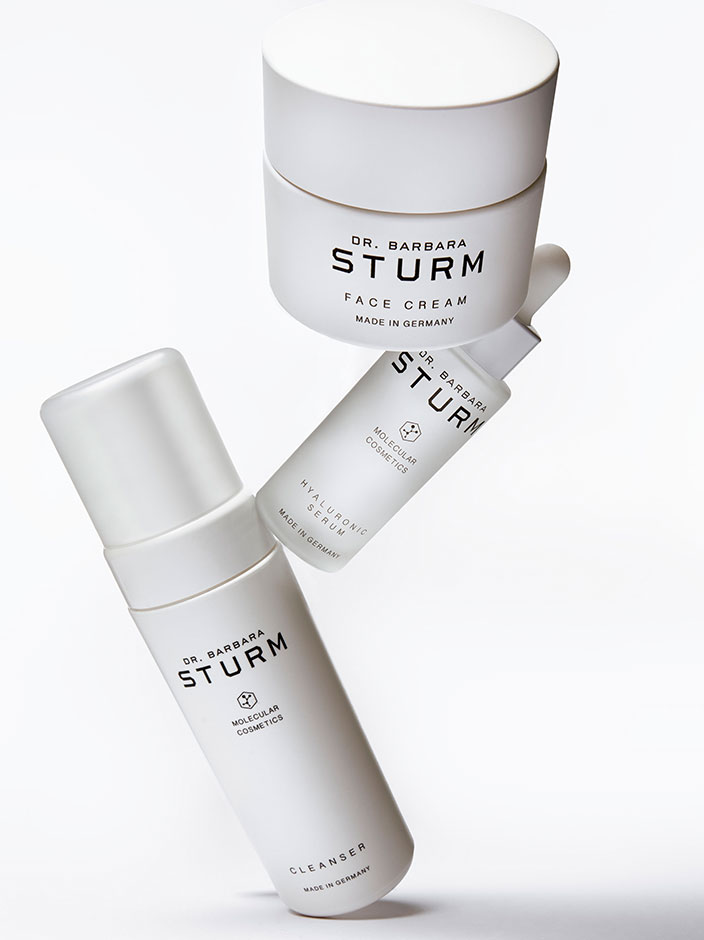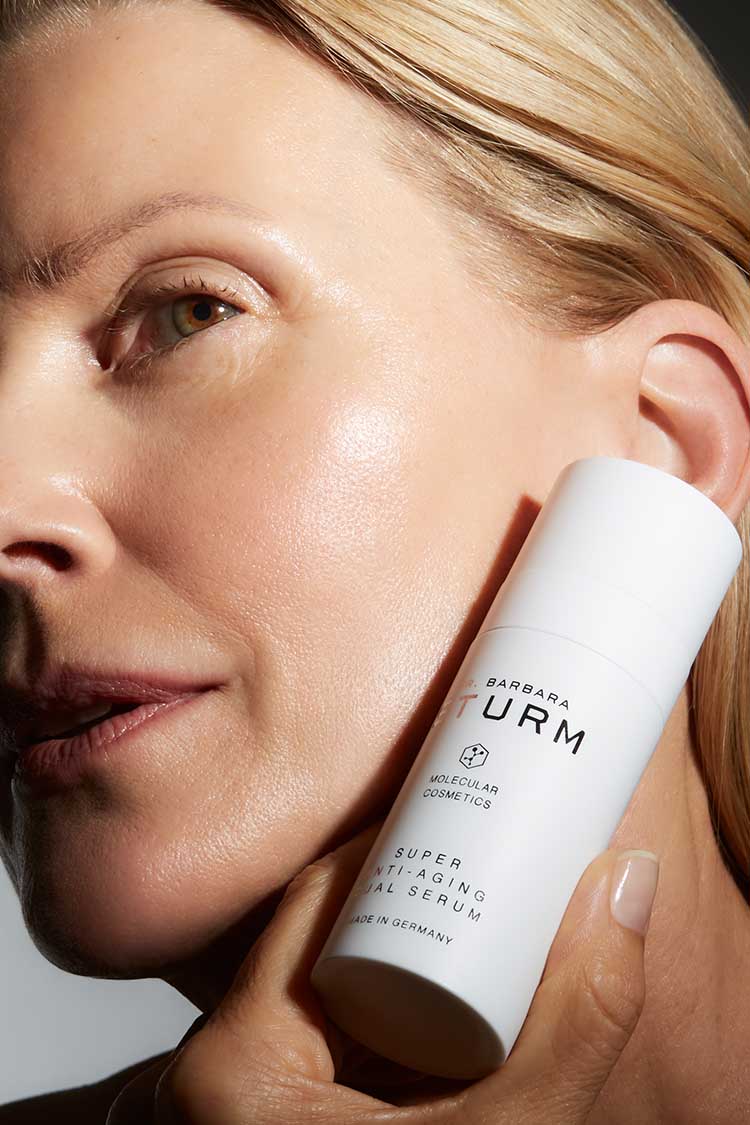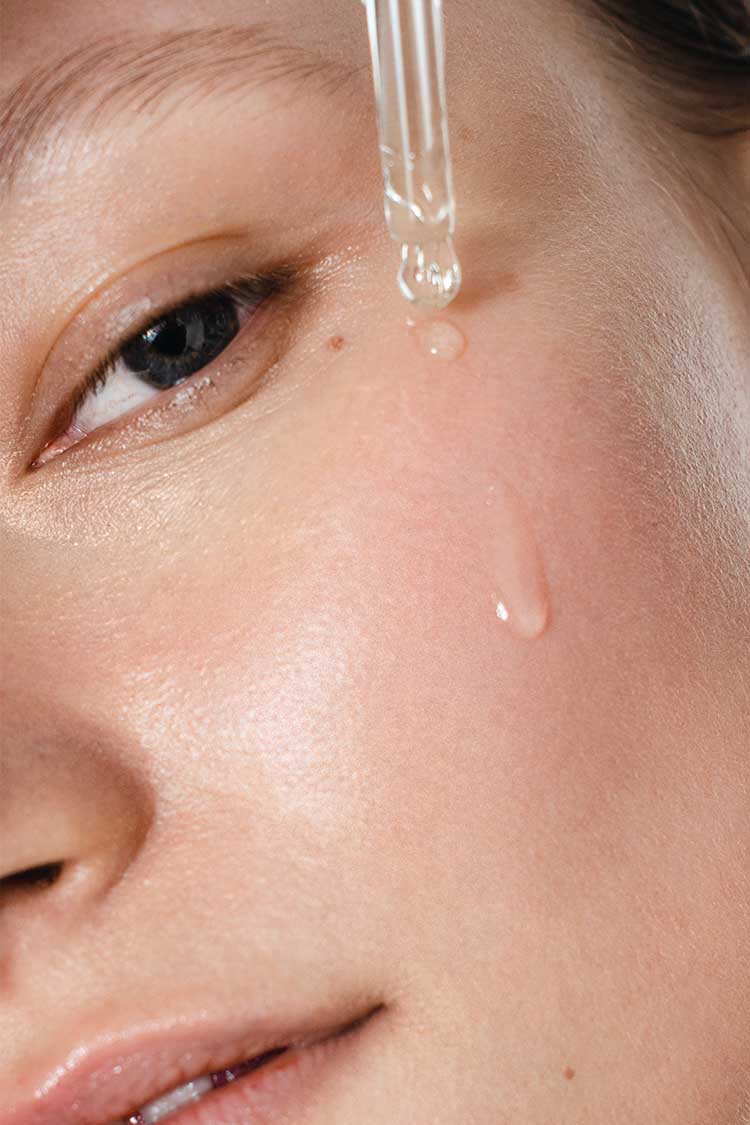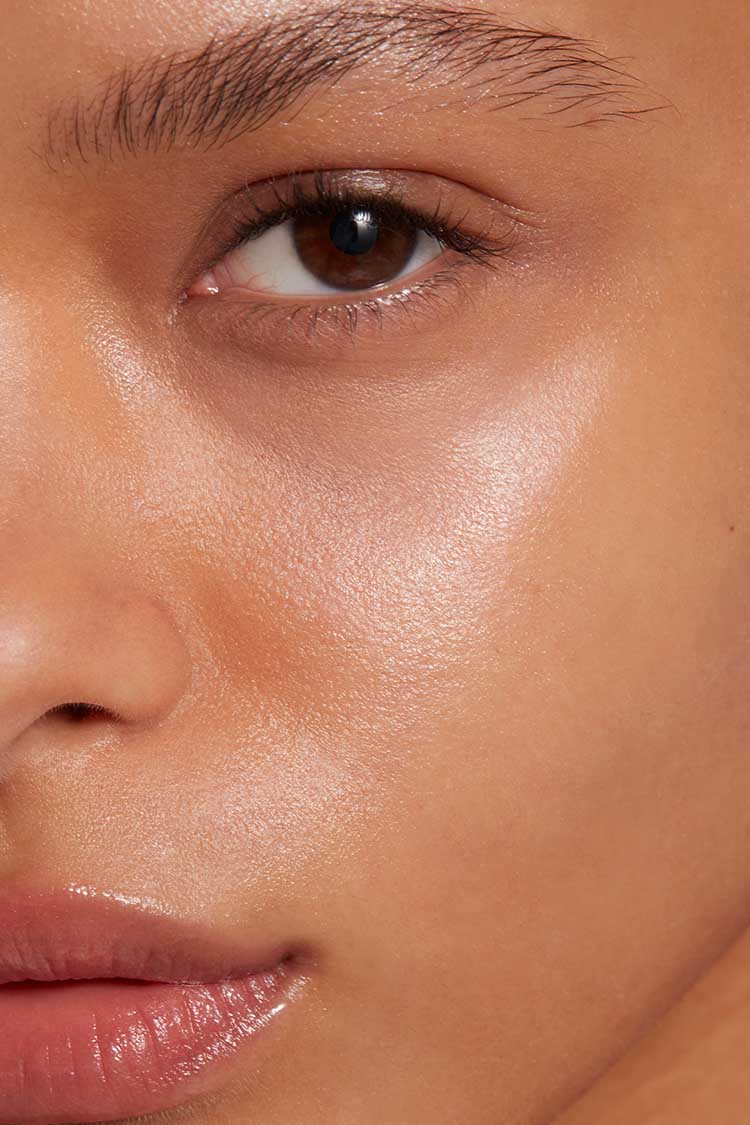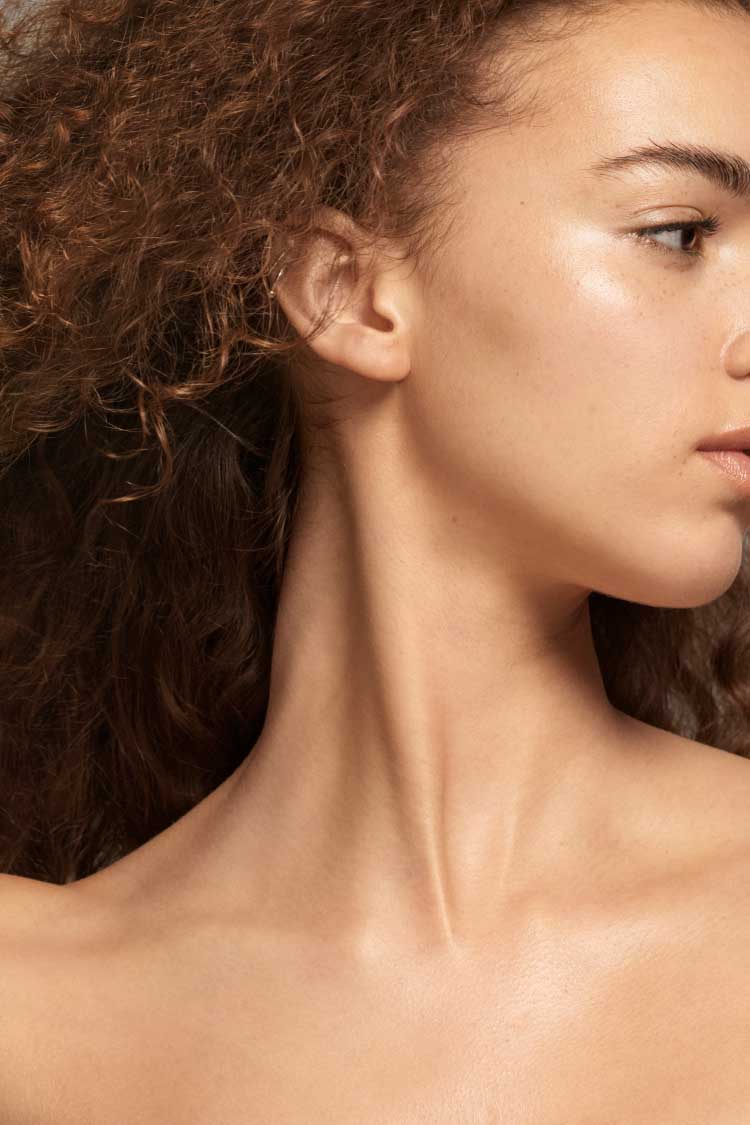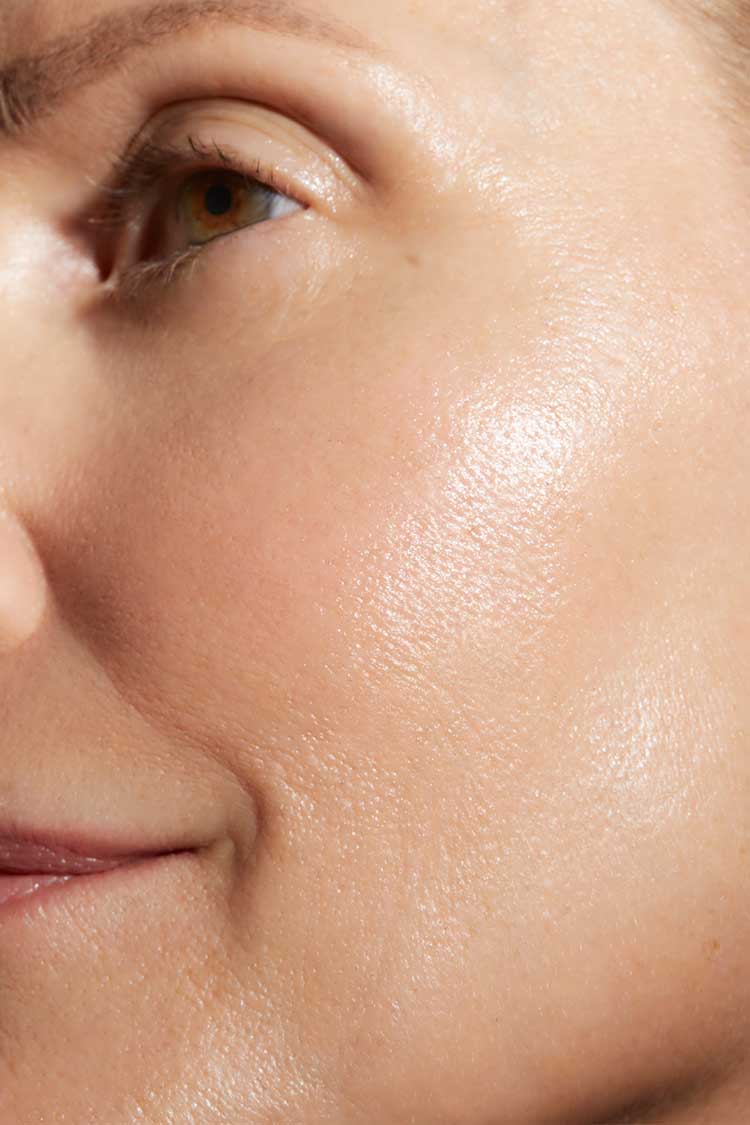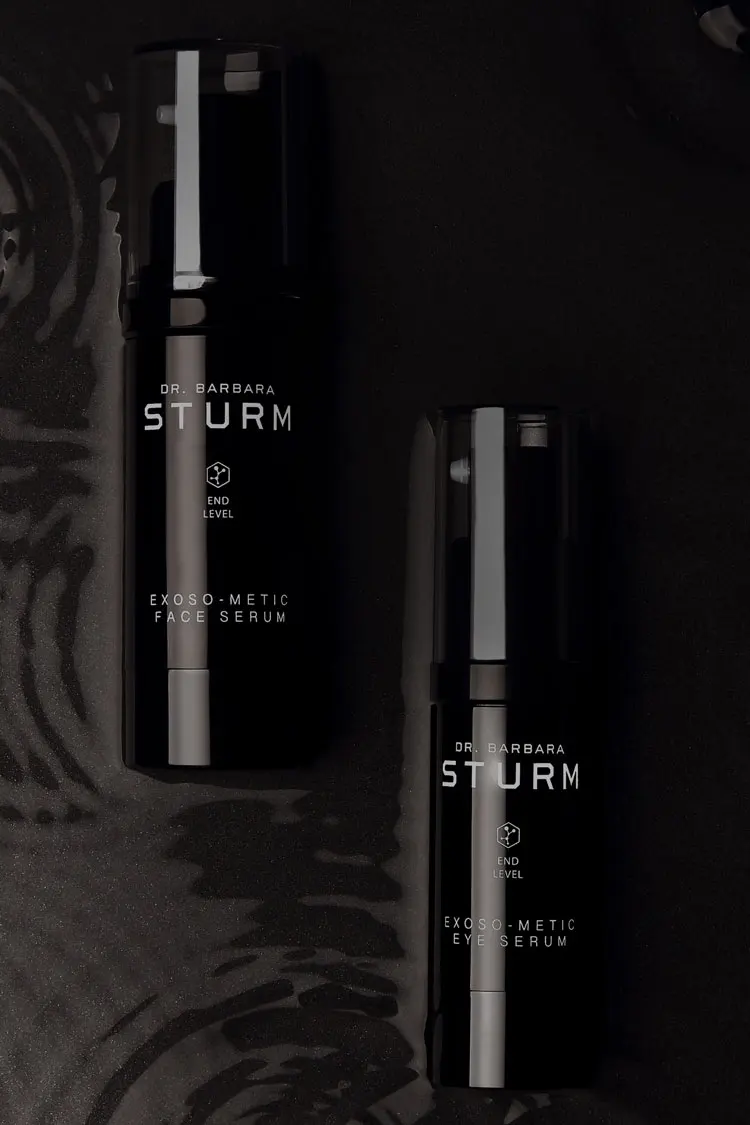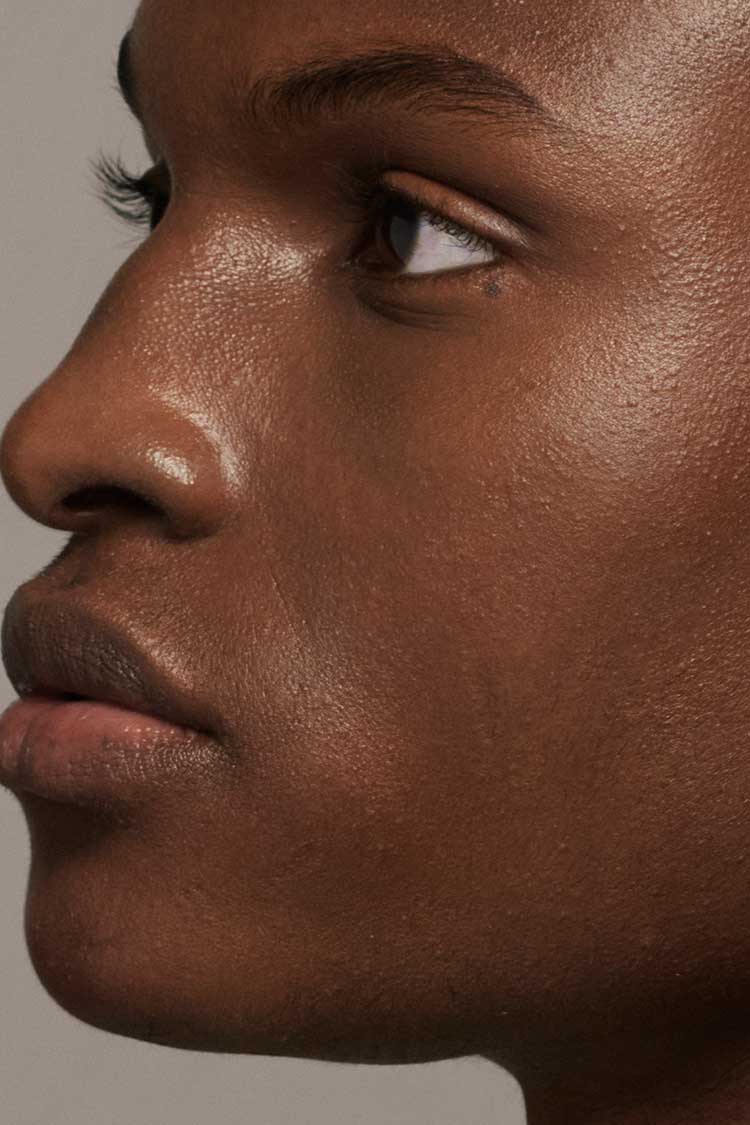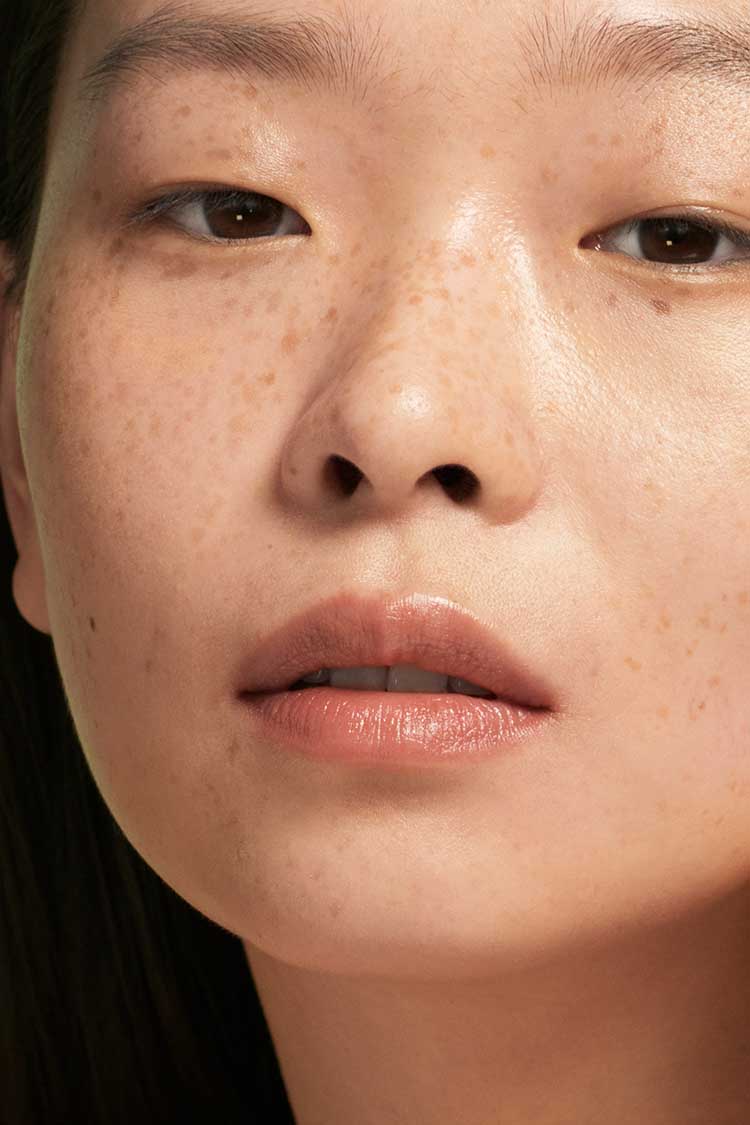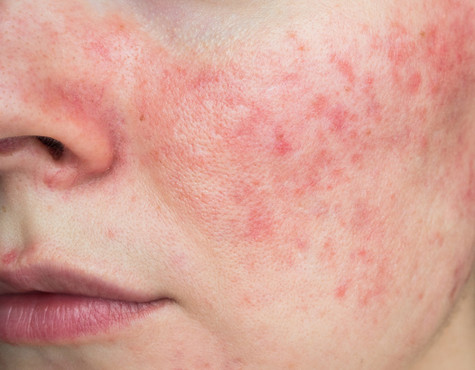WHAT IS ROSACEA?
15th Sep 2022
Rosacea is a common, chronic, inflammatory skin condition that affects more than 10% of fair skinned people. Rosacea symptoms include flushing, hyper-reactivity, persistent redness, pimples and pustules, inflamed blood vessels and facial swelling. Rosacea is sometimes mistaken for acne, eczema, or even skin allergies.
There are many types of rosacea but four main types:
- Erythematotelangiectatic rosacea features redness and flushing, with visible blood vessels.
- Papulopustular rosacea involves redness, swelling, and breakouts that resemble acne.
- Phymatous rosacea causes the skin to thicken and take on a bumpy texture.
- Ocular rosacea affects the eyes, causing them to look watery or bloodshot and a feeling of burning or irritation. Ocular rosacea can cause persistently dry, sensitive eyes, and cysts may form on the eyelids.
What causes Rosacea?
Inflammatory triggers for rosacea include UV exposure, alcohol, and exposure to extreme temperatures. Family history, fair skin, abnormalities in facial blood vessels, and Helicobacter pylori in the gut are all contributors to this common condition. Clinical studies have found a link between disturbed gut flora and rosacea skin manifestations and it’s understood that skin conditions can be exacerbated by high stress levels, an inflammatory diet, alcohol, smoking and by taking antibiotics and steroid medications.
While there is no cure for rosacea, there are a number of ways to help relieve symptoms. Depending on the severity, a combination of medications, lifestyle changes and avoiding skincare products that irritate and add to the inflammation of the skin can all help.
How can you treat Rosacea?
First, make sure you see your dermatologist to get a diagnosis. Then look at your skincare regime; what products are you using, are they gentle enough for your skin, is your routine the best method for your skin type? Rosacea sufferers should generally clean their skin once a day to remove dirt, pollution and other irritants. But the cleansing ingredients must be especially gentle – use a pH neutral soap for balance and follow with a hyaluronic-based serum to boost hydration and then a gentle moisturizer.
Aggressive ingredients like glycolic acid, fragrance and harsh preservatives should be avoided as well as treatments including chemical acid peels and strong exfoliant treatments.
dr. Barbara strum's rosacea morning routine
What professional treatments are there for Rosacea?
For patients with visible blood vessels a laser treatment, which uses intense pulsed light, can be used to help shrink them. This must be done by a dermatologist. Although the procedure may cause some pain, most patients can tolerate it without the need for an anaesthetic.
Laser treatments can sometimes cause bruising, crusting of the skin, swelling, tenderness, and, very rarely, infection. These complications will usually disappear within a few weeks, although infection might require antibiotics.
What else can I try?
Since stress and diet are factors in both causing or eliminating rosacea it’s helpful to look at what triggers your flare-ups in the first instance; hot foods and beverages, caffeine, spices and alcohol for instance. External factors such as extremes of temperature, UV exposure, stress and anxiety, vigorous exercise and hot baths or saunas can also be rosacea triggers.
Being wary of these factors while adopting an anti-inflammatory diet and a simple, high quality skincare regime will all contribute towards calming the symptoms and effects of rosacea.
